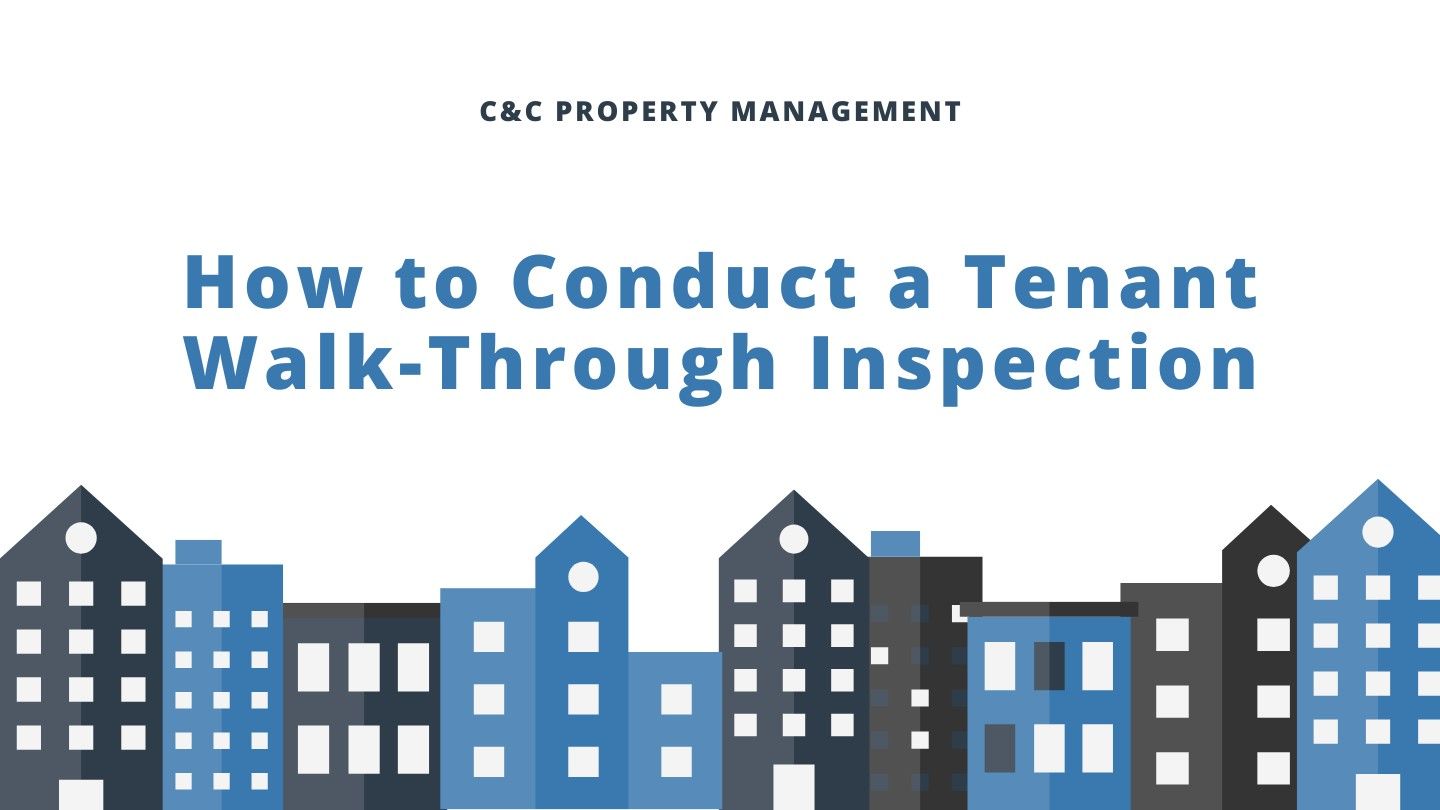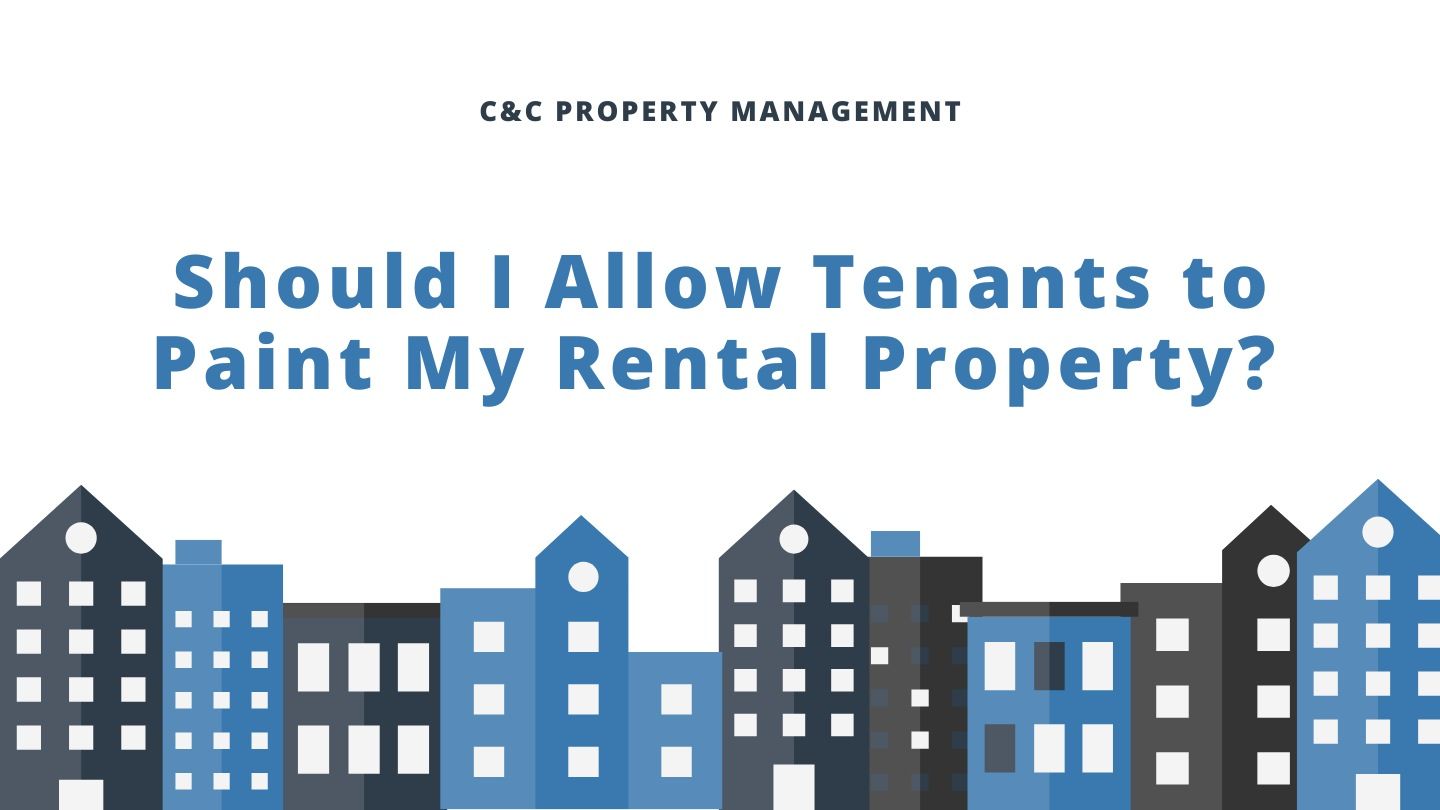How to Attract Long-Term Tenants
Imagine having residents who see your property as more than just a pitstop but a place they proudly call home for the long haul. In the competitive world of real estate, attracting and retaining long-term tenants is the golden ticket. So, how do you make your rental stand out and draw in those tenants looking for a lasting connection? Join us as we unveil the keys to creating a magnetic space that attracts and retains tenants long-term.
Constantly Market Your Rental Property
Maintain an active online presence by listing your property on popular rental websites, real estate platforms, and social media. Make sure to regularly update the listing with high-quality photos and detailed descriptions to showcase the property's features.
Property owners can also utilize local advertising channels such as community bulletin boards, newspapers, and flyers. This can help you reach potential tenants who may not be actively searching online.
Finally, build relationships with local real estate agents, relocation services, and community organizations. Networking can expand your reach and increase the chances of connecting with individuals looking for long-term housing solutions.
Upgrade the Rental Unit
Consider updating kitchen appliances, HVAC systems, and other amenities. Modern, energy-efficient appliances not only attract tenants but also contribute to long-term cost savings. You can also refresh the property's interior and exterior with a fresh coat of paint, new flooring, or updated landscaping.

Consider integrating smart home technology, such as programmable thermostats, keyless entry systems, or security systems. These features can enhance convenience and security, making your property more appealing to prospective long-term tenants.
Conduct Thorough Tenant Screenings
Request proof of income, such as pay stubs or tax returns, and check the tenant’s credit score to ensure that potential tenants have a stable financial foundation to meet rental obligations.
You should also contact previous landlords for references to gauge a tenant's rental history, reliability, and adherence to lease agreements. This step is crucial in identifying tenants who are likely to stay for the long term.
From there, run comprehensive background checks to assess a tenant's criminal history and creditworthiness. This helps mitigate risks and ensures that you are selecting tenants with a history of responsible behavior.
Be Hospitable to Your Tenants
Respond promptly to tenant inquiries and concerns. Clear and open communication fosters a positive landlord-tenant relationship and encourages tenants to stay for the long term. You can take things a step further by providing a welcome package with essential information about the property, local amenities, and emergency contacts. This gesture helps tenants feel valued and connected to their new home. Building a sense of community can lead to stronger tenant bonds and increase the likelihood of long-term residency.
Pay Attention to the Property’s Maintenance
Schedule regular property inspections to identify and address maintenance issues promptly. Proactive maintenance not only preserves the property's condition but also demonstrates a commitment to providing a comfortable living environment.

Establish a reliable system for addressing emergency maintenance requests. Tenants feel more secure and satisfied when urgent issues are resolved promptly, which contributes to their desire to stay in the property long term.
You should also implement preventative maintenance measures, such as regular servicing of HVAC systems and addressing plumbing issues before they become major problems. This not only saves on repair costs but also enhances the overall tenant experience.
Enhance Your Rental’s Security Systems
Ensure that common areas, such as parking lots and building entrances, are well-lit. Adequate lighting enhances visibility and deters criminal activity, contributing to the overall safety of the property. Consider installing secure entry systems, such as keyless entry or intercoms. These systems add an extra layer of security, allowing tenants to control access to their living spaces and providing peace of mind.
Furthermore, adding surveillance cameras in strategic locations can act as a deterrent and provide an added layer of security. These cameras can also be valuable in investigating incidents and ensuring the safety of the property.
Contract a Reputable Property Management Team
A property management team can handle the daily operations of your rental property, including maintenance, tenant communication, and issue resolution. This ensures that the property is well-managed and tenants' needs are promptly addressed. A professional management team can ultimately help foster positive tenant relations by addressing concerns in a timely and efficient manner.

With the right property management team in place, you can focus on strategic improvements and investments to enhance the overall appeal of the property. This may include renovations, landscaping enhancements, or the addition of amenities that attract and retain long-term tenants.
Offer Flexible Lease Terms
Consider offering longer lease terms, such as 12 months or more. This provides tenants with the stability and security of knowing they have a guaranteed place to live for an extended period, which can be appealing for those seeking a long-term residence. Providing the option for fixed rent rates for the duration of the lease agreement can also be an attractive incentive as it helps tenants plan their budgets more effectively and avoids the uncertainty of rent increases.
That said, include provisions in the lease agreement for easy renewal and rent increases. Offering tenants the option to renew their lease at the end of the term, with clear terms and conditions, encourages continuity and can lead to longer-term tenancies.
Bottom Line
Attracting and retaining long-term tenants involves a strategic blend of property management, hospitality, and a commitment to creating a living space that resonates with residents. By implementing the tips discussed in this guide, landlords can significantly enhance their chances of fostering enduring relationships with tenants who see their rental as a long-term home.
For those seeking professional assistance in managing their rental properties, companies like C&C Property Management offer expertise in handling the intricacies of property management. Contact us today to learn about our services!








